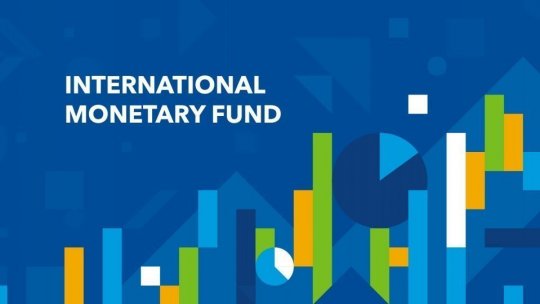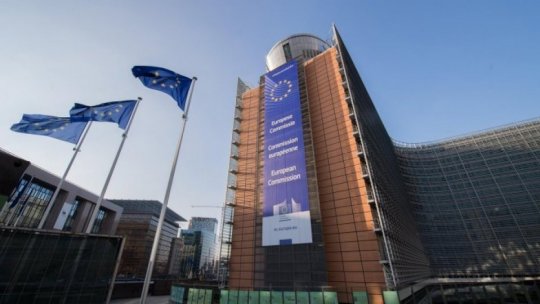Global economy development "will double"
The Economic Institute of the Russian Academy of Science argued that it did not anticipate apocalyptic scenarios and the crises and tensions arisen in certain regions "will strengthen" the global development.

29 Iunie 2011, 10:56
The Russian experts expected the doubling of the development of global economy over the next 20 years, contrary to all the estimates that have been released so far.
In his first long-term evaluation report, the Economic Institute of the Russian Academy of Science described a world continuing to be led by the United States, despite the economic growth of China.
There was even pointed out that no apocalyptic scenarios have been foreseen, not even pastoral scenarios, and said that although in some countries and regions there were crises and even systemic failures, they will not radically change the logic of evolution, but on the contrary they are likely to strengthen it.
The report was also based on another hypothesis, namely that the world was forming a new post-bipolar and polycentric hierarchy and the qualitative growth trends of the globalization will influence all the fields, from politics to social development and ideological economy.
According to the forecasts in the period 2011-2030, the average annual global economic growth will be an annual increase of 4.3 percent -to 4.4 percent, therefore equal to the current volume of the German economy, which will lead to doubling the global GDP.
Accelerating the pace of growth already established in the first post-crisis year, 2010 will be based on several factors, that already occurred, namely an increase in the number of emerging economies that developed very strong, the strong growth in production efficiency in developed countries, the massive increase in investment in traditional sectors - energy, construction, automotive and others - but also in human capital - education, science, health, information space as well.
The increase will not be restricted by the demographic factor, as the report said, the growth of global population will be declining and the risk of overcrowding will be eliminated.
However, the factors that may affect the growth arise, among others, from the mismatch between the other current global regulations and the intensity of processes of what the report called ‘the second phase of globalization,’ especially in the financial sector and deepening the structural crisis in the global economy.
Authoritarian practices of democratic countries "can be a major risk"
There were also social risks and the first and most important one was defined as the risk that democratic countries to resort to authoritarian principles and practices under the pretext of ensuring their own security.
The second risk area was determined by the social disparities that will occur not only on the traditional line, rich countries, poor countries, but also on another line, the rich in rich countries, the poor in rich countries.
A third risk area emphasized the issue of the so-called corporate citizens, when the facilities enjoyed by the big transnational employees shall not extend to the great mass of the population.
There was also a new category of risks that will result from the development of the contradictions within the open global information community.
According to the report, the international security will be determined in the next 20 years according to the cooperation between world leaders regarding the peacekeeping, a cooperation tendency that will dominate the conflicting trends.
In the streams though, there will be reduced the legal basis for peace, which was made, as it is known, during the Cold War, and the institutional will be specific to this second phase of globalization that could even arouse tensions in the relations between the world leaders, the report said.
A report, therefore, that anticipated the double global development of the economy over the next 20 years.
Translated by: Iulia Florescu
MA Student, MTTLC, Bucharest University









